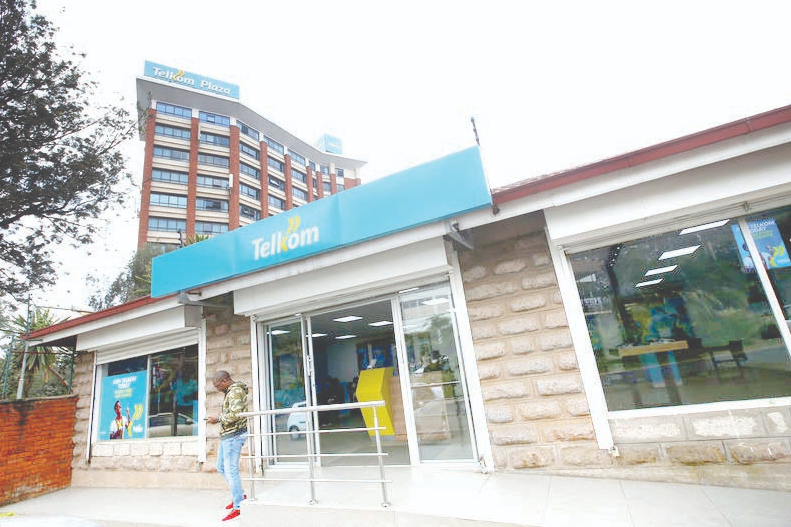How to help businesses attain a strong rebound

Sachen Gudka
At least 81 per cent of Kenyan manufacturers have stated that they are hopeful they will hold steady through the Covid-19 pandemic and continue to play their role in creating wealth and productive jobs for all citizens.
This is according to a study conducted by Kenya Association of Manufacturers (KAM) and KPMG on the impact of the pandemic on the manufacturing sector.
However, in the face of harsh realities that the sector is grappling with, hope is not a strong enough anchor and we need to be practical about how we can help these businesses achieve a meaningful rebound with minimal losses beyond the crisis.
Sure enough, some steps have been taken to try and keep businesses in operation since the economy slowed down significantly in mid-March.
Two weeks ago, KRA started disbursing Sh10 billion to businesses as promised three months ago by the President.
It has to be noted that the private sector was already slowing down pre-Covid, weighed down by the lack of liquidity and demand in the market.
The time it has taken between the pronouncements and actual implementation of these measures has diluted the intended impact to cushion the economy by providing a vital lifeline to businesses.
There are several reasons for the lack of liquidity in the market. Firstly, the government does not pay its bills and VAT refunds on time.
Secondly, county governments do not pay their bills on time. Thirdly, the private sector, particularly large retailers, do not pay their bills on time.
This creates a spiral of borrowing for working capital for most of the private sector, creating fewer transactions in the marketplace and perpetuating liquidity issues.
Businesses now, more than ever, need to be paid back what is owed to them to cater for the losses suffered and to implement their continuity plans.
Firstly, the Miscellaneous Amendment Act, 2019 was signed into law on 9th July 2019 and created a legal mechanism for offset or refund of WHVAT credits.
To date, 11 months later, KRA is yet to create guidelines to guide taxpayers to allow the offset of these credits.
It is critical that this is fast-tracked to enable an offset of almost Sh100 billion against other taxes.
Secondly, there is an urgent need for a mechanism to compel the National Treasury to provide KRA with sufficient funds to enable automatic payment of VAT refunds within a specified time, say 60 days.
The delayed VAT refunds currently act as a disincentive to export, undermining the President’s Big Four agenda. This handbrake on the growth of exports must be released.
Thirdly, there is an urgent need for Prompt Payment Legislation to be enacted for the Kenyan economy, which will flatten the curve of rising liquidity challenges arising out of the national and county government’s failure to settle bills on time, as well as to inject some sanity on payments within the private sector.
It is high time this economy weaned itself from the late payment cycles which have been stifling growth.
There is also a compelling case for an MSME Liquidity Fund, to help businesses survive the Corona crisis.
KMA shared a proposal with the Ministry of Industrialisation, Trade and Enterprise Development in early April to enable the private banks to perform credit checks and lend further to viable businesses, at preferential rates due to the reduced credit risk. This support package will be vital to get our economy back on track.
However, action on all four fronts above is needed immediately to prevent irreversible damage to our country’s economy.
The National Treasury must ditch some previous orthodoxies, and be ready for business unusual, not business as usual. —The writer is the chairman of Kenya Association of Manufacturers — info@kam.co.ke












